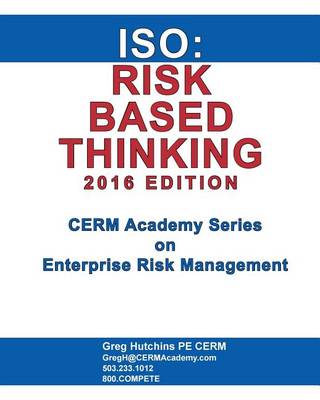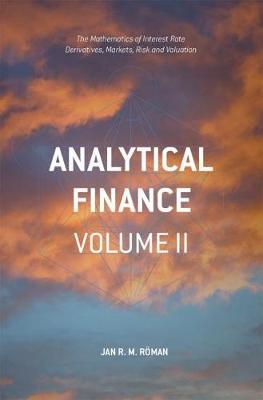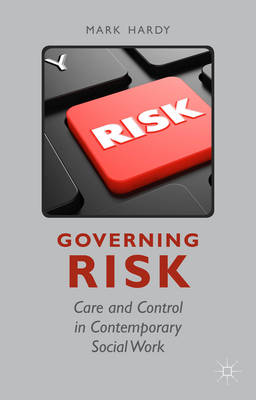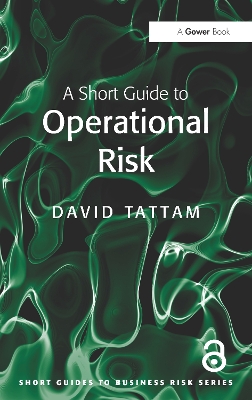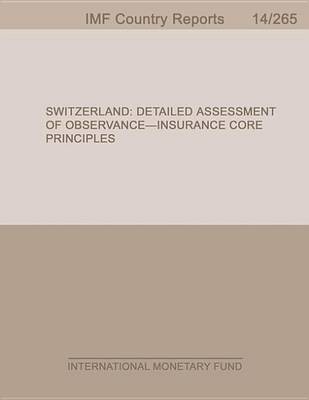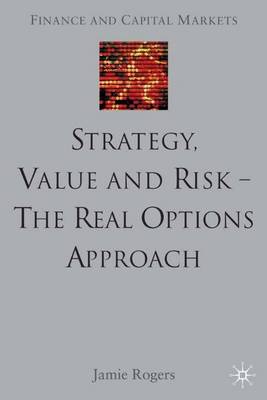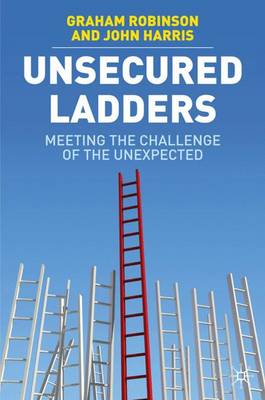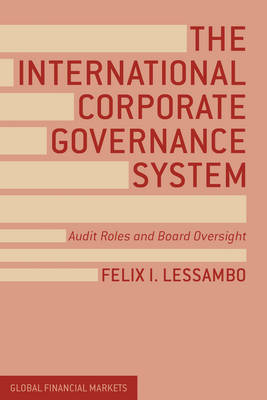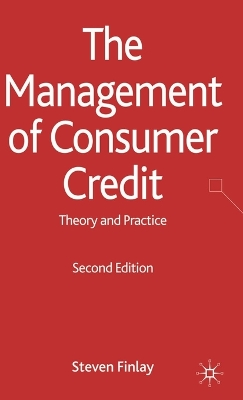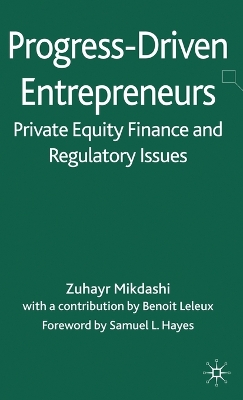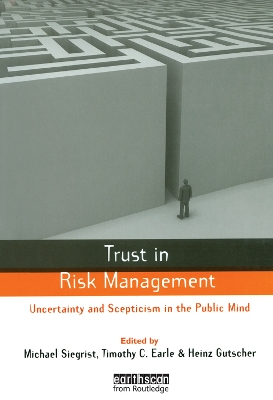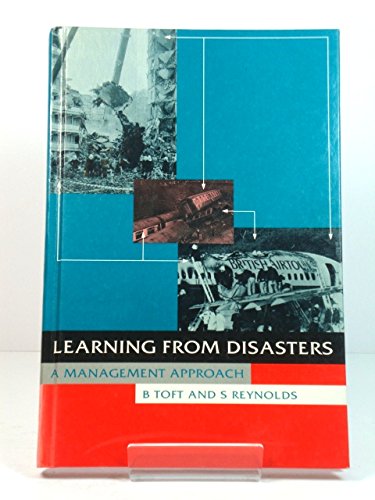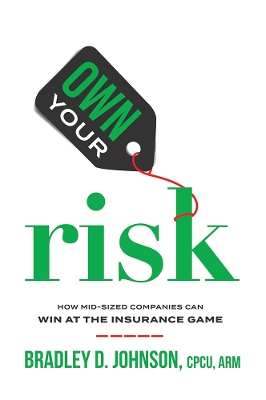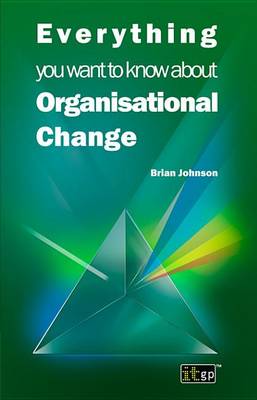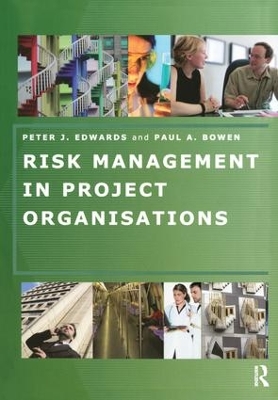In diesem Buch werden Konzepte zur Quantifizierung von Marktrisiken dargestellt. Im Rahmen der im ersten Kapitel vorgestellten Portfoliotheorie werden Kapitalanlagen charakterisiert, die nach Vorgabe eines Risikos eine moeglichst hohe erwartete Rendite versprechen. Risiko wird hier definiert als die Standardabweichung der Portfoliorendite. Fur arbitragefreie Ein-Perioden-Modelle lassen sich optimale Portfolios auch mithilfe von Wahrscheinlichkeitsdichten explizit angeben, und die Martingalmasse...
ISO (Cerm Academy Series on Enterprise Risk Management)
by Gregory Hutchins
Analytical Finance is a comprehensive introduction to the financial engineering of equity and interest rate instruments for financial markets. Developed from notes from the author’s many years in quantitative risk management and modeling roles, and then for the Financial Engineering course at Mälardalen University, it provides exhaustive coverage of vanilla and exotic mathematical finance applications for trading and risk management, combining rigorous theory with real market application. Cove...
Developments in Mean-Variance Efficient Portfolio Selection
by M. Agarwal
Mean-variance efficient portfolio selection was originally identified by Nobel Laureate Harry Markowitz (1952) and to this day remains one of the most popular approaches to portfolio selection. However the turmoil suffered by stock exchanges as a result of the financial crises in the United States and later in Europe has evoked new interest across the globe for better portfolio management within the existing mean variance framework. Substantial improvements in the availability of large data sets...
Drawing on Foucault's later work on governmentality, this book traces the effects of 'the rise of risk' on contemporary social work practice. Focusing on two 'domains' of practice - mental health social work and probation work - it analyses the ways in which risk thinking has affected social work's aims and objectives, methods and approaches. It critically interrogates the claim that the logic of actuarialsim is implicated in a shift from 'care' to 'control' and argues the case for a distinctive...
Presents new methods in scenario thinking, based on a mix of high-level research and top-level consultancy experience. The authors describe the logical bases of a range of scenario methods and provide detailed 'road maps' on how to implement them - together with practical examples of their application.
A Short Guide to Operational Risk (Short Guides to Business Risk) (Short Guides to Risk)
by David Tattam
There is a growing awareness across both public and private sectors, that the key to embedding an effective risk culture lies in raising the general education and understanding of risk at every level in the organization. This is exactly the purpose of David Tattam's book. A Short Guide to Operational Risk provides you with a basic yet comprehensive overview of the nature of operational risk in organizations. It introduces operational risk as a component of enterprise wide risk management and tak...
Strategy, Value and Risk - The Real Options Approach (Finance and Capital Markets)
by J. Rogers
In the 1990s shareholder value was applied to all aspects of corporate strategy and management decisions as a result of intense competition, globalization, advances in technology, deregulation and the financial markets. As we enter the twentyfirst century the business environment is one of increasing creative destruction, where competitive advantage is much harder to sustain. Real Options , a type of advanced financial analysis, applies financial option theory to real assets and offers a strateg...
The book addresses the vital issue of how business leaders can prepare themselves to deal with the impact of unexpected events. It raises key questions for leaders to address if they are to avoid being distracted by crisis and remain in touch with a wider context that is subject to constant uncertainty and change.
Basel III, the Devil and Global Banking (Palgrave Macmillan Studies in Banking and Financial Institutions)
by D. Chorafas
The banking industry extensively lobbied against Basel III and governments have been keen to delay its full implementation. Chorafas' latest book takes a well-rounded approach on Basel III's strengths and weaknesses and explains how, without deep restructuring of the global banking industry, (like Basel II) Basel III will fail.
Emerging Markets and Sovereign Risk
Emerging Markets and Sovereign Risk provides case studies, commentary and analysis on the financial risk management and measurement in the context of frontier and developing counties from international experts covering three key areas of emerging market investments, the rating sovereign risk and managing sovereign risk.
The International Corporate Governance System (Global Financial Markets)
by F. Lessambo
The recent global economic crisis has highlighted the importance of strong corporate governance systems. The failure of many of the 'gatekeepers' (i.e. auditors) to protect the efficiency of the financial markets has left many wondering whether there exists a sound model of corporate governance and if so, what the features of such a model are. The International Corporate Governance System: Audit Roles and Board Oversight provides a comprehensive legal, economic and financial approach to corporat...
Use this reference for IT security practitioners to get an overview of the major standards and frameworks, and a proposed architecture to meet them. The book identifies and describes the necessary controls and processes that must be implemented in order to secure your organization's infrastructure.The book proposes a comprehensive approach to the implementation of IT security controls with an easily understandable graphic implementation proposal to comply with the most relevant market standards...
This book explains how financial institutions, such as banks and finance houses, manage their portfolios of credit cards, loans, mortgages and other types of retail credit agreements. The second edition has been substantially updated, with new chapters on capital requirements, Basel II, scorecard and portfolio monitoring.
Progress-Driven Entrepreneurs, Private Equity Finance and Regulatory Issues
by Z. Mikdashi
Durable business performance is crucially dependent on a stakeholders' strategy and accessible entrepreneurial finance available within macro-economic and regulatory environments. These reflections on issues and policies of progress are mainly concerned with enabling entrepreneurial risk-takers to operate within an optimal business environment.
Trust is an important factor in risk management, affecting judgements of risk and benefit, technology acceptance and other forms of cooperation. In this book the world's leading risk researchers explore all aspects of trust as it relates to risk management and communication. The authors draw on a wide variety of disciplinary approaches and empirical case studies on topics such as mobile phone technology, well-known food accidents and crises, wetland management, smallpox vaccination, cooperative...
Derivatives and Internal Models (Finance and Capital Markets)
by H. Deutsch
This book provides a thorough introduction to pricing and risk management of modern financial instruments formulated in precise mathematical language, covering all relevant topics with such a depth of detail that readers are enabled to literally develop their own pricing and risk tools. Accompanying website with hundreds of real world examples.
This compelling book is essential reading for those involved with risk management, disaster planning, and security and safety management. This second edition includes a new introductory chapter that demonstrates on a theoretical and practical level how risk management can be a cost-effective way of protecting organizations from losses. The book offers important insights into the way organizations implement policies, systems and procedures to prevent future disasters occurring.
DON’T CHASE SMALL CHANGE. YOU COULD BE LEAVING BIG DOLLARS ON THE TABLE. Forget about shopping for quotes to save money on insurance. There are better, more profitable ways to turn big premiums into bottom-line gains—while doing business more effectively overall. If your company pays about a half-million or more in annual premiums, these strategies are well worth a look. Author Brad Johnson has helped many midsize companies take control of their costs and risks. He offers this book as a concis...
Everything You Want to Know about Organisational Change (Everything You Want to Know About, #1)
by Brian Johnson and Darren Arcangel
A must-have book for every organisation that faces change! Your organisation can benefit from change. This book will show you how. Why do organisations change? What are the risks involved? Can we resist change? What is the best way to manage it? What are the key factors that drive change, and how? Why are some changes easier to survive than others? These are just some of the questions that Darren Arcangel and Brian Johnson address in Everything you want to know about Organisational Change. This...
Risk Management in Project Organisations (CONSTRUCTION MANAGEMENT)
by Peter Edwards and Paul Bowen
This book enhances the reader's understanding of the nature and presence of risk by raising the organisation's awareness of the risks it faces, and formalising the systems needed to deal with and learn from those risks.While based on the experience of the construction industry, the book also acts as a broader project management text, meeting the needs of project managers and students in many disciplines and professions from architecture and construction through engineering and commerce to IT, fi...
Geopolitical Risk, Sustainability and "Cross-Border Spillovers" in Emerging Markets, Volume I
by Michael I. C. Nwogugu
Economic recessions, social networks, environmental damage in several large countries (eg. China, Brazil, U.S.), the Global Financial Crisis of 2007-2015 and cross-border spillovers continue to significantly affect economic systems, financial markets, social structures and environmental compliance worldwide. These have rekindled economists' and policy-makers' interest in the relationships among constitutions, risk regulation, foreign aid, political systems, government size, credit expansion and...

